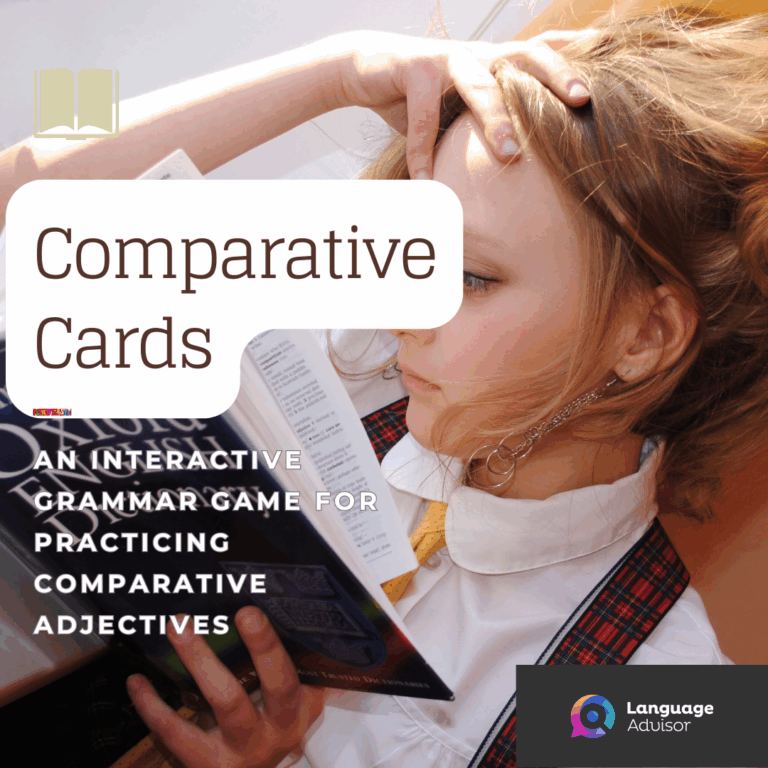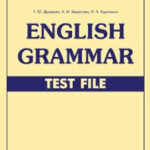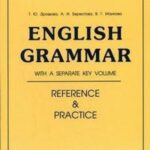Advanced Grammar Concepts that confuse even Native Speakers! Here are the seven grammar rules that might confuse even advanced English speakers
Advanced Grammar Concepts that confuse even Native Speakers!

Advanced Grammar Concepts that confuse even Native Speakers!
English can be a confusing language to learn. Grammar can seem very complicated and needs to be learnt to enable you to use the English language well when conversing with native or advanced English speakers. It is very important to learn these grammar rules as we all want to be able to write and speak in English whether in the business world or socially. Learn and understand these rules and this will help you build your confidence.
Here are the seven grammar rules that might confuse even advanced English speakers:

Sentence structure and incorrect word usage
It is very important to use the correct structure of sentences. A sentence must have a subject and a verb.
Correct sentence examples:
In spite of everything that happened, he enjoyed his holiday.
The teenagers arrived home late so they knew their parents would be cross with them.
Many words are used in the wrong order which changes the meaning of the sentence. In addition to this, it is important to use adverbs (words which describe verbs for example she ran quickly with quickly being the adverb) and adjective (words which describe nouns for example he wore a blue shirt with the word blue being the
adjective) in the correct position within a sentence.
Correct word examples:
She accepted his offer to go out for dinner. (Accepted can be confused with excepted with the meaning of accepted being general right, normal or in this case to say yes (accept) an invitation whereas if excepted was use the sentence would have an entirely different meaning as excepted means to be excluded from an event or
situation).
She needed a breath of fresh air as the room was so hot. (Breath means the air that is inhaled or exhaled in respiration whereas breathe means to breathe in air and oxygen).


Apostrophes
Apostrophes are very confusing as the position can vary depending on whether the noun is singular or plural. They also show possession.
– The child’s coat
This refers to one coat belonging to one child
– The child’s coats
This refers to several coats belonging to one child
– The children’s coats
This refers to the coats of several children
– The children’s rooms
This refers to the rooms belonging to the children
– It’s not my favorite film
It’s means it is not my favorite film
– A hard day’s work
This means it was a hard day of working
– America’s foreign policy
This refers to the foreign policy of America.
– Annabel and James’s dog
The dog refers to both Annabel and James but only
one apostrophe is needed


They’re, their and there
These words and the spellings of them need to be learnt as they all have a different meaning.
– They’re is the shortened form of they are.
Examples of how to use they’re correctly:
They’re late so will miss the train.
They’re coming by car.
They’re at the beach already.
– Their refers to an item or event that belongs to a group of people.
Examples of how to use their correctly:
Their train was cancelled.
Their coats are hanging up in the cupboard.
Is that their car?
– There is used for position. Examples include:
Put your case over there.
There is a bag of potatoes in the cupboard.
The television remote is there on that chair.
They’re, their and there are homophones which means that the sound of these words are the same but they each have different meanings and different usages. There are many other homophones which also fall into this category, which also need to be understood and learnt as they can alter the meaning of sentences.

Advanced Grammar Concepts that confuse even Native Speakers!

Affect and effect
These two words are confused by many English-speaking learners. The meanings have to be learnt and remembered so they can be used correctly.
Affect means when a situation can be changed or influenced.
For example:
The weather affected the growing of the crops as it rained so heavily.
The weather will affect what we do this coming weekend when we visit London.
Effect refers to the change itself.
For example:
The book had a great effect on him.
The effect of the tsunami was devastating.


Me, myself and I
These two words have the same meaning but are used in different context.
Here are some examples of how to use these correctly:
When you have finished the project please can you give it to Tom and me?
He smiled at me.
Please come with me.
Susie invited Henry and myself to dinner.
Charlie and I went to the cinema.
My wife and I went out for supper last night.


Who, whom, whose and who’s
These again have to be learnt as to how to use correctly.
– Who
This is used in questions for example:
Who lives in England?
Who’s (a shortened form of who is)
Who’s leading the discussion this morning?
Who’s your favorite political leader?
Who’s visited the White House?
– Whom
Isn’t that the person whom we saw this morning?
That is the man whom we talked about yesterday.
Whom can also be used instead of the word who but sounds better in these examples. Who always forms part of a question whereas whom does not always need to be used in a question – see the second example above.
– Whose
Whose gloves are these?
Whose glasses are these?
Whose coat is this?
Use whose when you do not know whom the item belongs to.


Plurals
It can be difficult for English learners, even some advanced English speakers to understand that in English when a noun becomes plural the endings change and one does not always just add an ‘s’.
Here are some examples of words where an ‘s’ is added at the end of the noun to make the plural form:
Singular form and Plural form
Car – Cars
Table – Tables
Chair – Chairs
Cat – Cats
Bike – Bikes
Oven – Ovens
Book – Books
Boat – Boats
Carrot – Carrots
Avocado – Avocados
Zoo – Zoos
Here are irregular examples which just have to be learnt:
Mouse – Mice
Fox – Foxes
Box – Boxes
Bus – Buses
Church – Churches
Potato – Potatoes
Tomato – Tomatoes
Mystery – Mysteries
Activity – Activities
Woman – Women
Lady – Ladies
Man – Men
Child – Children
Knife – Knives
Half – Halves
Life – Lives
Strawberry – Strawberries
Scarf – Scarves
Echo – Echoes
Cargo – Cargoes

Advanced Grammar Concepts that confuse even Native Speakers!
Learning correct grammar is important as it gives us a better understanding of the language and to allow us to become advanced English speakers. All languages have tenses and you will need to learn how to use English language to discuss the present, the future and the past both in conversation and in writing.
By learning English grammar this will help you to be able to write better in the business world and to be more analytical in reading whether reading for pleasure or for business purposes. You can learn English grammar at home using the internet and there are many resources to help you improve your written English.

Here are more resources on English Grammar












